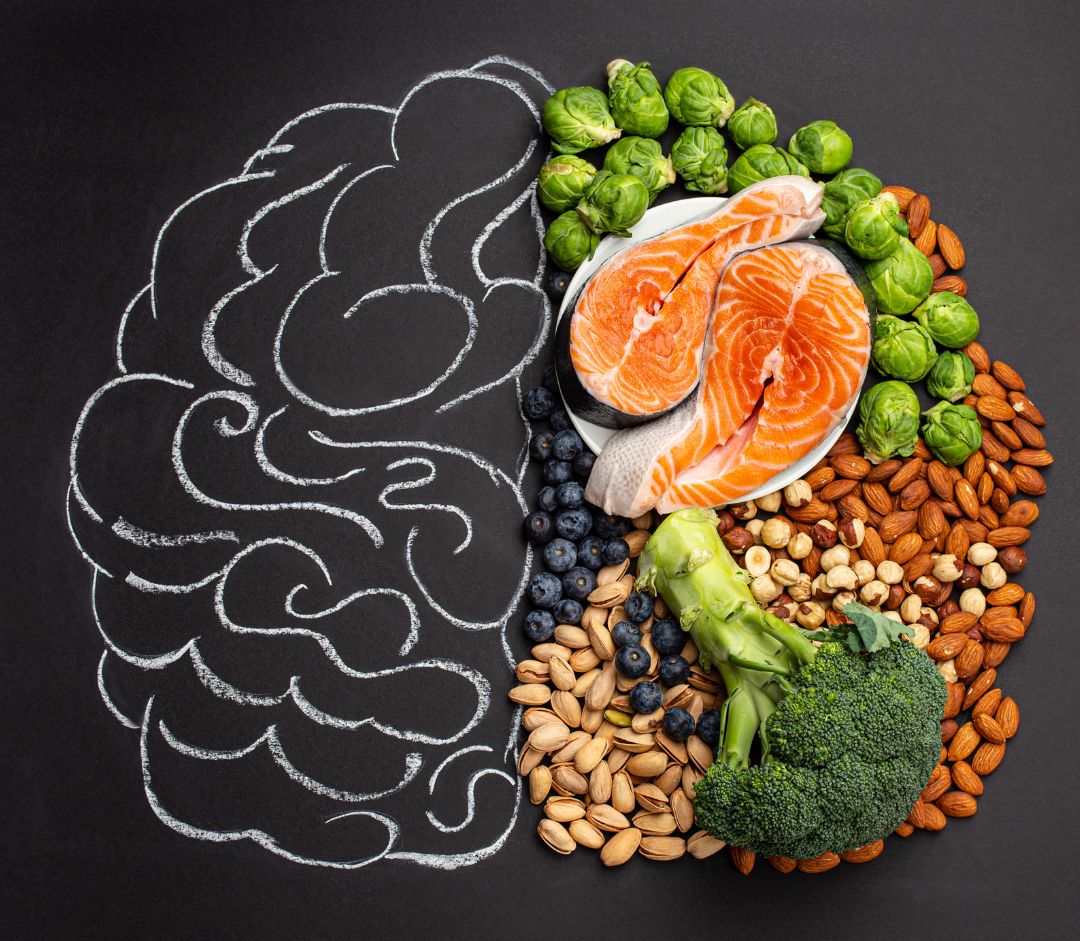The connection between our guts and our brains, often referred to as the gut-brain axis, has garnered significant attention from both the scientific community and the general public. This link suggests that the state of our digestive system can profoundly influence our mental health, affecting everything from our mood to our cognitive abilities. Understanding this connection can open up new ways of managing mental health through dietary choices.
The Gut-Brain Axis Explained
The gut-brain connection or axis refers to the two-way communication network between the central nervous system (the brain) and the enteric nervous system (the gut). This network not only ensures the proper maintenance of gastrointestinal homeostasis but also links emotional and cognitive centres of the brain with peripheral intestinal functions. Neurotransmitters and hormones produced in the brain can affect gut activity; conversely, gut bacteria can produce a range of chemicals that influence the brain.
This communication is facilitated by numerous pathways, including the vagus nerve, which runs from the brain to the abdomen, and through various biochemical signalling mechanisms like cytokines and hormones. The microbiome — the vast community of organisms living in the gut — plays a crucial role in this communication, affecting how we feel, think, and even behave.

Impact on Mental Health
Research has shown that imbalances in the gut can contribute to a wide array of mental health issues, including anxiety and depression. For example, patients with irritable bowel syndrome (IBS) are at an increased risk of developing mood disorders, suggesting a direct link between gut health and emotional well-being. The gut microbiome can produce neurotransmitters like serotonin and dopamine, which are critical for mood regulation and are often the focus of various psychiatric medications.
The gut’s health directly impacts the production and regulation of these neurotransmitters, illustrating how gut health can influence emotional and mental states. Additionally, a distressed gastrointestinal system can send signals to the brain, leading to mood changes that can affect daily life.
The Role of A Healthy, Balanced Diet
Emerging research highlights that a Western Diet, characterised by high levels of saturated fats and sugars, not only harms cognitive functions but also alters the gut microbiome’s balance, affecting the brain through the gut-brain connection. The consumption of these diets leads to changes in bacteria in the gastrointestinal tract, which plays a pivotal role in cognitive health.
A balanced diet, rich in diverse nutrients, supports a healthy microbiome which is fundamental for optimal brain function. Including a variety of fibre-rich foods, lean proteins, and healthy fats can foster a more resilient digestive system and, by extension, a healthier brain.

How Fermented Foods Support Gut Flora Diversity
Fermented foods are an excellent addition to a diet aimed at supporting the gut-brain connection due to their unique composition. These foods undergo a natural process where natural sugars and carbs are converted into ethanol or acids by microorganisms. This process enriches the foods with beneficial organisms that contribute to the diversity and health of the gut microbiome.
While we can’t explicitly claim that fermented foods like kefir directly act as probiotics, it’s understood that they introduce beneficial organisms into the digestive tract. These organisms can help balance the gut microbiome, which, in turn, supports overall mental and physical health. Foods like kefir, yoghurt, sauerkraut, and kimchi, when included regularly in a healthy, balanced diet, can help maintain an optimal balance of gut flora, potentially stabilising mood and cognitive function.
The gut-brain connection offers a fascinating glimpse into how our bodies’ complex systems are interlinked and how our lifestyle choices, particularly our diets, can influence our mental health. By understanding this connection and incorporating a diet rich in diverse, fibrous foods alongside fermented foods like kefir, we can potentially foster an environment conducive to both good physical and mental health. As research in this field continues to evolve, it increasingly highlights the importance of maintaining gut health for overall well-being.
